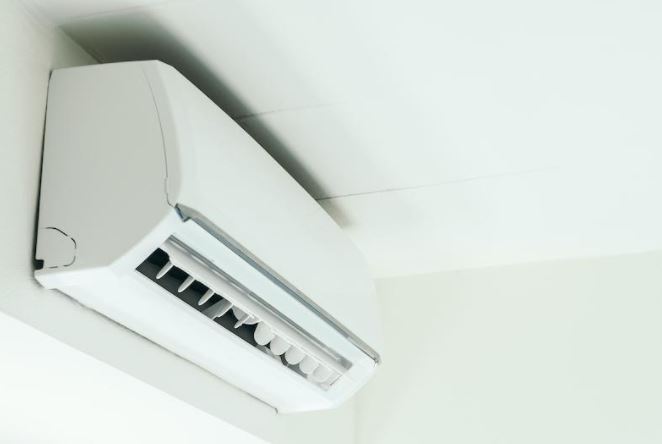
The air conditioning is one of the most important home installations for many people. Designed to keep us cool in the searing summer heat., air conditioning works hard and constantly. A relatively simple concept, it nevertheless requires maintenance at set intervals and is not a DIY prospect if you want it to remain operating efficiently for its lifetime.
In the article that follows, we will examine problems associated with air conditioning units, how long one should expect to last, and how to tell if something is wrong. We’ll begin by examining some common faults.
What Causes Problems with Air Conditioners?
Several faults usually result in poor performance in air conditioning units. You will need a specialist in air conditioners and air conditioning repair to advise whether you need a replacement, or the problem can be repaired. Here are the most commonly reported faults:
- Low refrigerant occurs when the refrigerant—the gas inside the system—drops below a certain level. This can occur naturally or may be due to a leak. Low refrigerant will cause the device to work harder to achieve a level of cooling that cannot be reached and can damage the system. The refrigerant can be refilled by an expert but should not be attempted as a DIY job.
- Fan failure is a common problem, as the fan that drives the cool air does not have an infinite life. Eventually, the bearings will wear, or a fragile, overused part may break, and the fan will stop working. A professional usually replaces this, and it should not be too expensive.
- Problems with the coils, either the evaporator or condenser coils that are integral to the cooling routine, can be troublesome. Should the coils become dirty or frozen, they may fail, leaving a system that is again trying to achieve a temperature that cannot be reached. Coils can be replaced or repaired professionally to extend the life of your a/c unit.
- Dirty air filters slow down the flow of air through the system and cause the unit to overwork. The filters become dirty from the particles in the air that pass through them and settle. An engineer can easily replace them.
- Leaking air ducts cause air to leak out from the system, which then needs to be replaced. This makes the unit work too hard and eventually breaks down when it is asked to do too much.
The above are the most common but not the sole problems associated with air conditioning. The electric board controlling the machine can fail, leaks in the water system cause problems, and any one of the moving parts within the air conditioning unit will eventually reach the end of its lifetime. What can be done to prevent the above?
How Long Should an A/C Unit Last?
As we have already mentioned, the life of an air conditioning unit is not infinite. Your unit will probably need replacing after around 20 years, so if you have an older system, it is worth checking it by an expert engineer. While repairs may be needed, it is not necessarily time to go to the replacement expense. Instead, it is something you should budget for 15 to 20 years to avoid unnecessary shocks!
The fact that these devices have many moving parts and work at full power for long periods of time means they do need maintenance. If you notice anything strange or different – perhaps a rise in
temperature or the main unit making more noise than usual – you must call an air conditioning engineer to give the machine service to replace the necessary A/C parts. This should also be done yearly to help get the longest life from your unit and reduce the likelihood of further expenses.
The benefits of clean air, both indoors and out, are well known, and you will certainly start to feel the difference once your air conditioning unit begins to underperform. If you want to be on the safe side, call a local engineer now to have a look at your system and arrange a maintenance plan.




 POSTED BY
POSTED BY 

